Parliament must be fully involved in shaping the government’s proposals for online regulation as the proposals have the potential to cause large-scale impacts on freedom of expression and other rights.


Parliament must be fully involved in shaping the government’s proposals for online regulation as the proposals have the potential to cause large-scale impacts on freedom of expression and other rights.
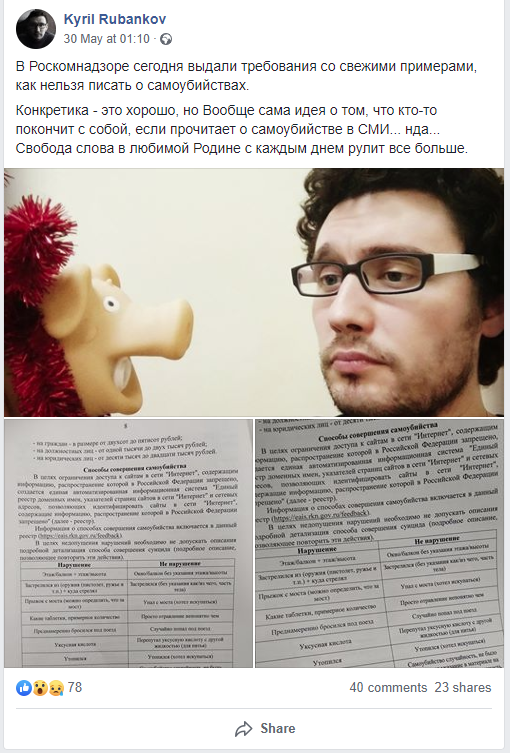
There were 27 incidents in Russia in May 2019 recorded by Index’s monitoring project.
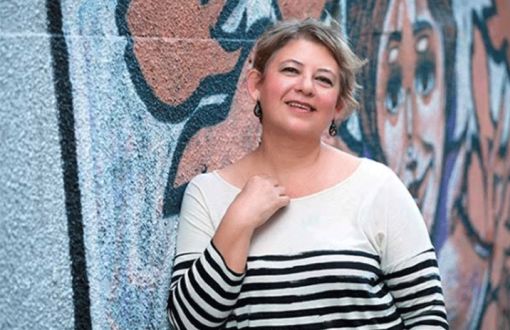
There were 39 incidents in Turkey in May 2019 recorded by Index’s monitoring project.
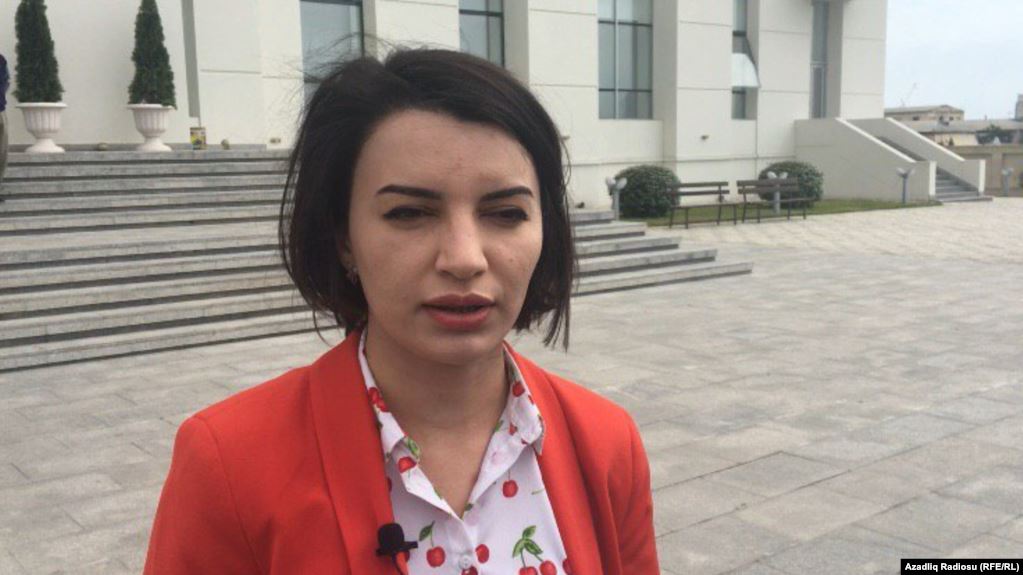
There were 11 incidents in Azerbaijan in May 2019 recorded by Index’s monitoring project.
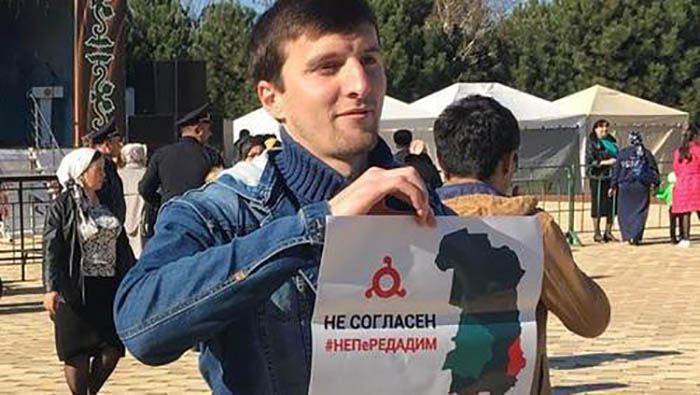
There were 8 incidents in Belarus in May 2019 recorded by Index’s monitoring project.
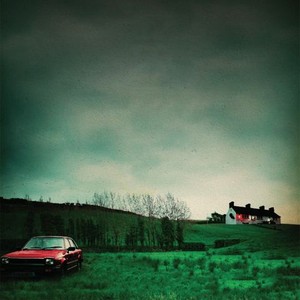
[vc_row][vc_column][vc_column_text] Update: Update: On 3 June 2019, the criminal investigation into Trevor Birney and Barry McCaffrey was dropped. The Durham Constabulary and the Police Service of Northern Ireland (PSNI) announced that they were no...
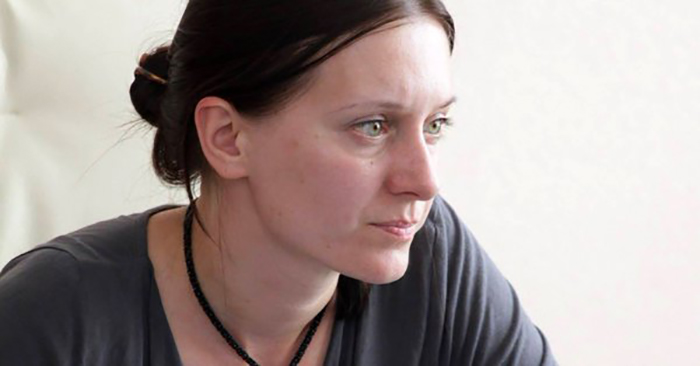
Legislative restrictions, bomb threats and vandalism are just some of the issues Russian journalists have faced this year.
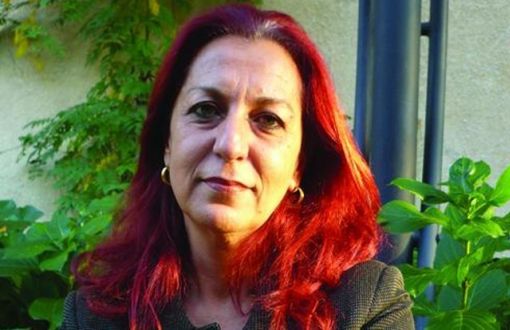
We declare our solidarity with Academics for Peace, and with all progressives under threat in Turkey.
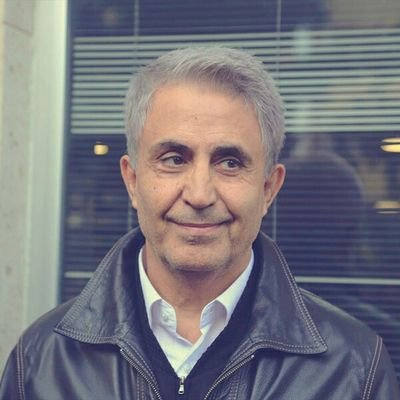
Index on Censorship joins Cartoonists Rights Network International (CRNI) to report that the internationally acclaimed cartoonist Musa Kart is again a prisoner this World Press Freedom Day.
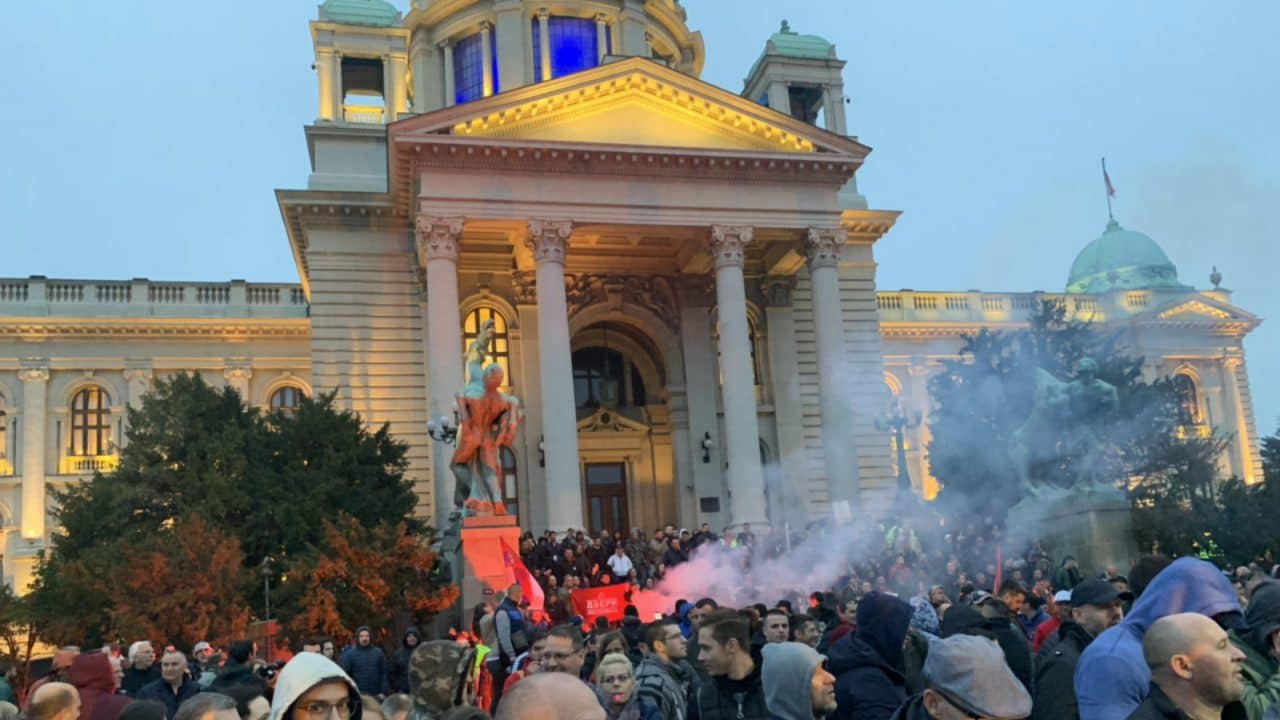
Every Saturday, for the past five months, thousands of people have gathered on the streets of Serbian capital Belgrade to voice their dissent against President Aleksandar Vučić’s authoritarian tendencies and increasing control over the country’s media.